On September 8th, a complex epilepsy surgery for a child named N.N.M was successfully performed at the Neurology Center of the Vietnam National Children’s Hospital, with the support of experts from the Alabama Children’s Hospital in the USA. The procedure involved placing deep brain electrodes to locate the seizure focus precisely. Following the surgery, the child was conscious, free from seizures, and showed no motor impairment.
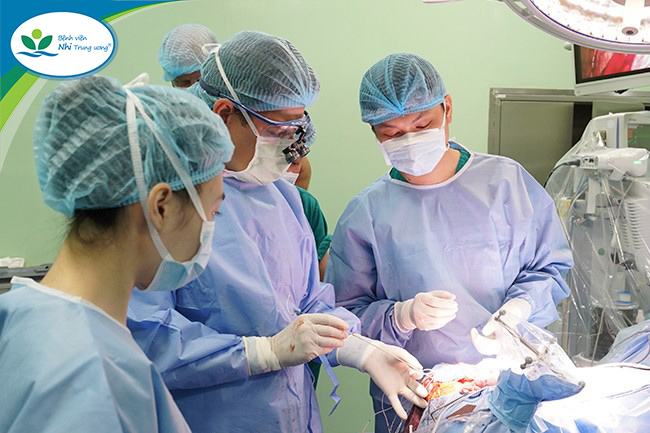
The 6-year-old girl had been experiencing 50 to 100 seizures daily and relied on sleep medication for years. She was initially misdiagnosed as having febrile seizures and had multiple treatments at local hospitals. By age 3, it was confirmed that N.N.M had drug-resistant epilepsy with hundreds of daily seizures. At the Neurology Center of the Vietnam National Children’s Hospital, doctors recognized that her seizure focus was exceptionally complex and closely linked to motor areas and central pathways.
To ensure precise and effective surgery, a team of seven experts from the Alabama Children’s Hospital in the USA collaborated to place deep surface brain electrodes, mapping dynamic seizure areas and monitoring continuously for 24 to 48 hours to record all seizure regions. This cutting-edge technique, a first in Vietnam, enabled them to choose the most appropriate surgical location and method.
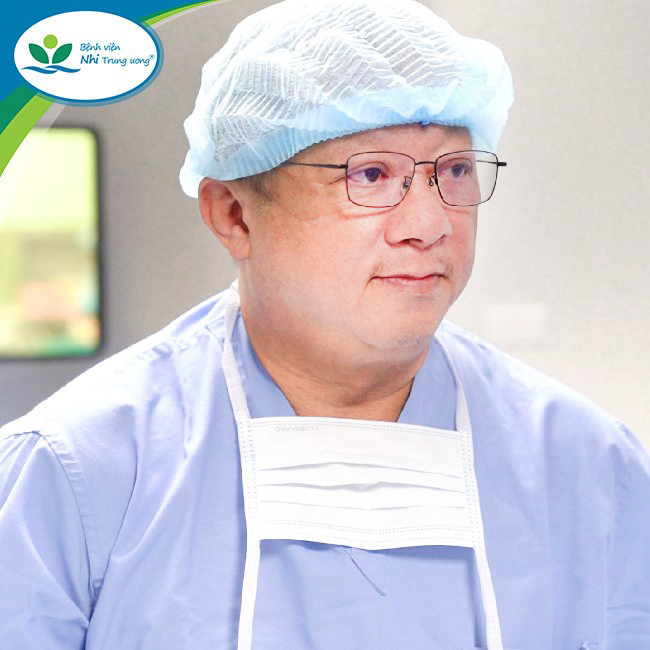
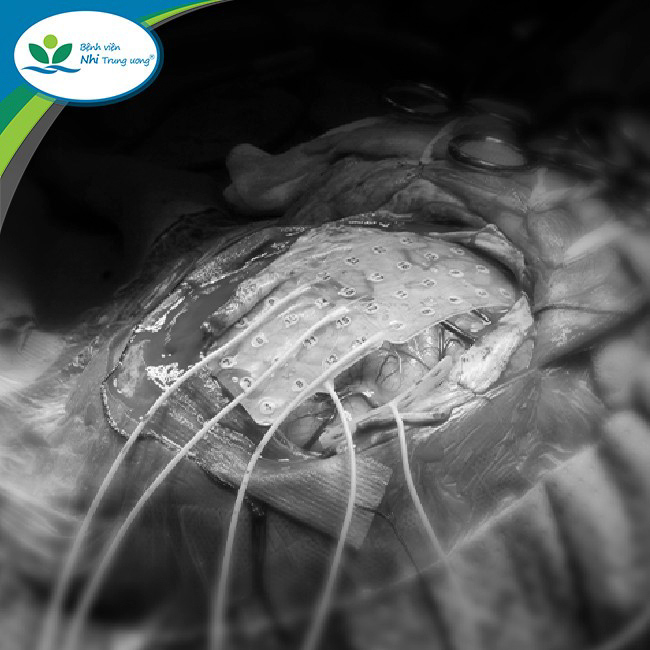

Once the child’s condition stabilized, she was transferred to the Division of Neurology. There, a team monitored her electroencephalogram (EEG) for 48 hours, pinpointing the seizure focus with remarkable accuracy.
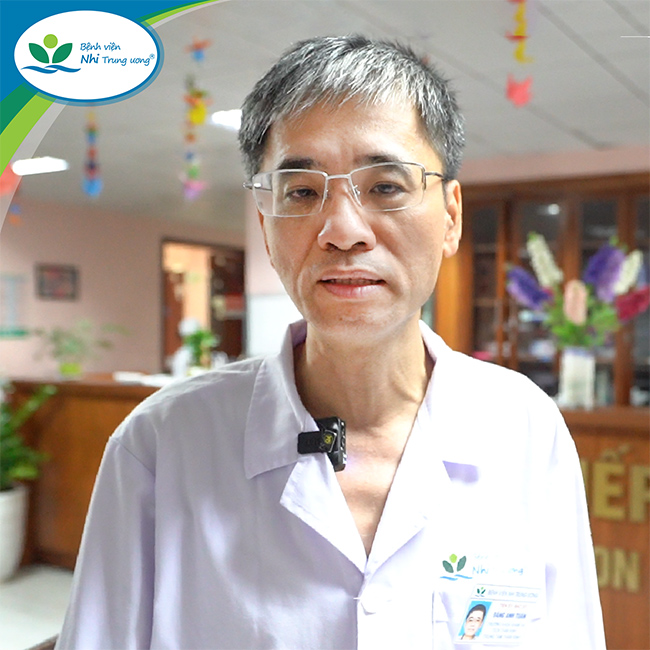
The Vietnamese and American teams collaborated to decide to perform surgery on September 7th. The surgery lasted over four hours, during which the doctors successfully removed the affected seizure area. The child is conscious, free from seizures, and experiences no motor impairment. This achievement reflects doctors’ dedication, seamless teamwork, and expert collaboration alongside the Hospital’s Anesthesiology and Intensive Care teams, leading to a brighter future for N.N.M.

N.N.M’s mother exudes happiness, saying, “Many times during the night, I had to rush my child to the emergency room, and on the way, I could only fear losing her. Hearing that she would be treated using modern techniques for the first time in Vietnam, our family was overjoyed. Now, looking at our healthy child without seizures, we are ecstatic. We are deeply grateful to the Vietnam National Children’s Hospital doctors and the foreign experts.”

Regarding transferring this technique to Vietnamese doctors, Dr. Brandon Rocque from the Alabama Children’s Hospital, USA, shared, “Surface brain electrode placement has been practiced in the US and Europe for the last five years. The Vietnam National Children’s Hospital doctors are the first medical facility in Southeast Asia to learn and implement this technique, demonstrating great skill in surgery and patient care. We hope that these surgeries will yield excellent results.”
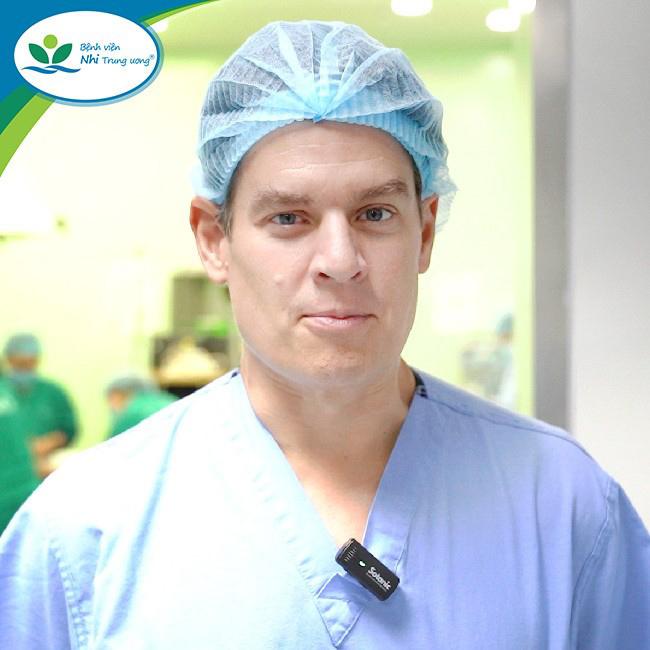
The second successful surgery involved a 5-year-old boy named H.T., whose condition was highly complicated due to brain cortex malformation in both the left frontal and parietal lobes. Conventional EEG couldn’t pinpoint the primary cause of his seizures because they occurred near critical functional areas. Therefore, the doctors at the Neurology Center of the Vietnam National Children’s Hospital and a team of American experts conducted two phases: opening the skull to identify the seizure focus using the functional MRI and placing electrodes, including surface and deep electrodes, under navigation guidance.
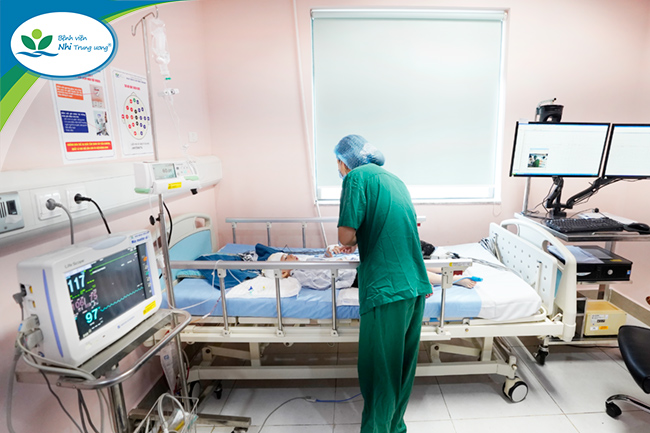
After 48 hours of monitoring, the doctors conducted surgery to remove the seizure focus without affecting motor functions. Dr. Lê Nam Thắng, Head of the Division of Neurosurgery and Deputy Director of the Neurology Center, expressed his delight, “With such an absolute surgical success, this child won’t need anti-seizure medication after the surgery and can return to a normal life.”
This advancement in epilepsy surgery elevates the medical practice in Vietnam, putting it on par with advanced regional countries. To bring this technique to Vietnam, Vietnam National Children’s Hospital doctors spent nearly two years preparing for the procedures. Dr. Lê Nam Thắng and some Intensive Care physicians had the opportunity to learn from USA experts. Later this month, three more doctors from the hospital will travel to the Alabama Children’s Hospital in the USA for an additional three months of training, further enhancing their professional capabilities to address complex epileptic conditions and offer a brighter future to affected children.
The Alabama Children’s Hospital has collaborated with the Vietnam National Children’s Hospital since 2016. They recently donated two modern medical devices to support epilepsy surgery: an electroencephalogram (EEG) machine and an intraoperative neuromonitoring system.



